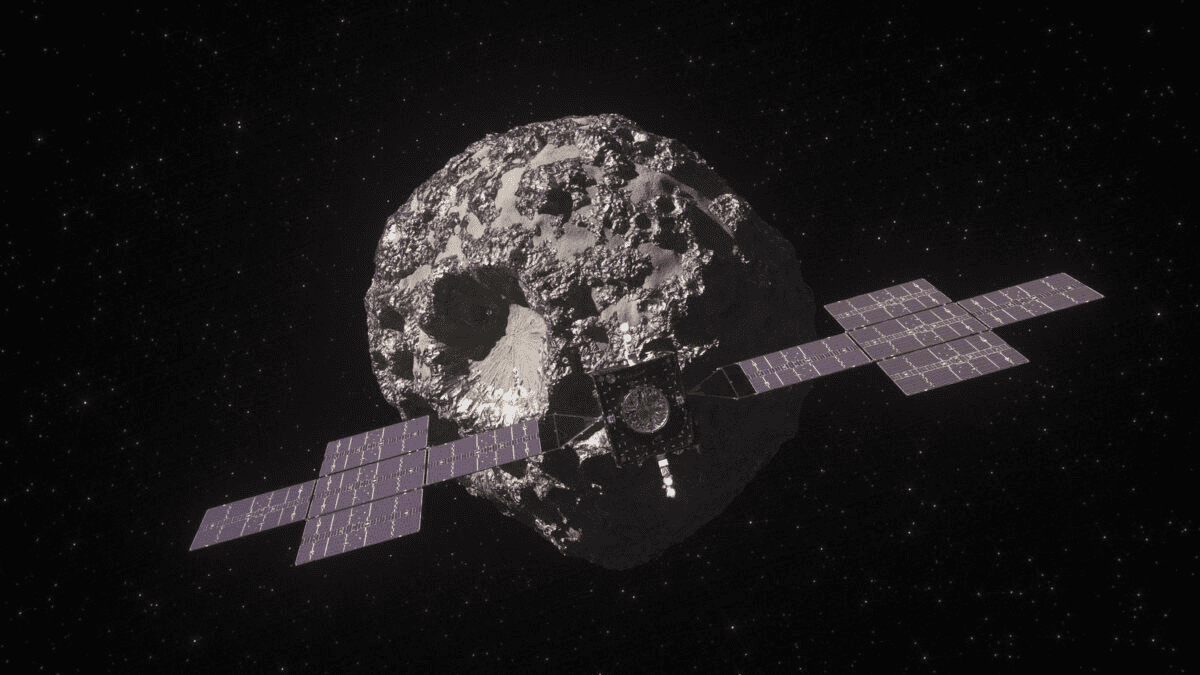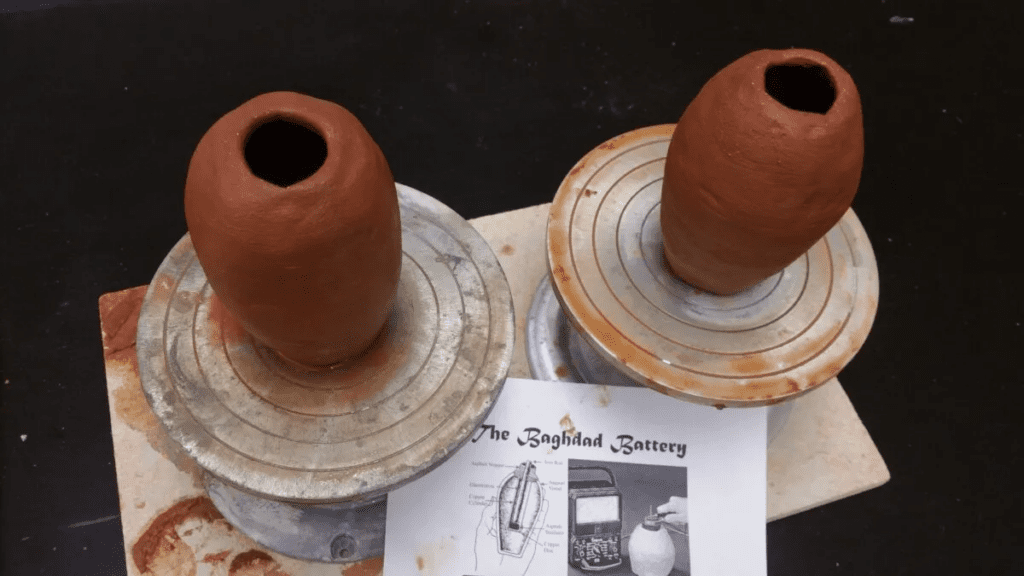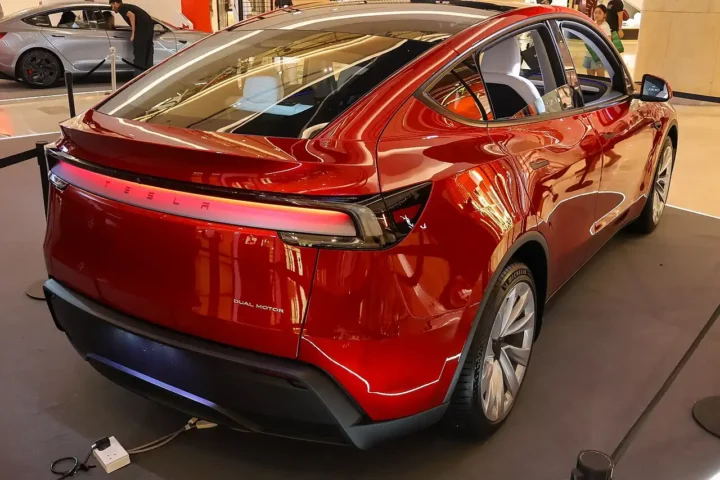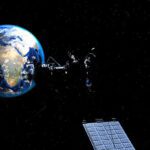NASA has resumed the Psyche mission, which is set to launch this year, aiming to explore the science and mining potential of the 16 Psyche asteroid. Psyche, a 140-mile diameter, metal-rich asteroid orbiting between Mars and Jupiter, could be the remnant of a shattered planet’s core. NASA plans to study it using instruments such as multispectral cameras and Gamma Ray and neutron spectrometers, communicating with Earth via a high-gain antenna.
If it contains a magnetic field, it could offer insight into Earth’s core. The asteroid’s metal content could be worth up to $10,000 quadrillion, including gold and platinum, although mining is not the mission’s focus. It will take about four years for NASA‘s Psyche spacecraft to slingshot around Mars for a gravity assist to orbit the asteroid at a distance of about 700 km.
Psyche is the largest M class asteroid, thought to be the remnants of iron-rich cores of proto-planets. If it proves to be part of a core, it would be from the first generation of iron-cored planets in the solar system. The asteroid’s thermal radiation suggests it is composed of at least 20% metal. While space mining may seem far-fetched, several start-ups have made asteroid mining plans, and AstroForge, an asteroid mining company, has a test launch planned.
Psyche’s metal content, worth 10 quintillion dollars, was estimated by Psyche’s principal investigator, Lindy Elkins-Tanton, a planetary scientist at Arizona State University, based on metal prices, including nickel, a few years ago. However, the estimate is fallacious and only serves as an amusing case study in supply and demand extremes.
- Water-In Cathode Lifts Sodium-Ion Capacity Past 250 mAh/g—“Completely Unexpected,” Says Surrey
- Trump Interior RIF Plan Puts 2,050 Jobs On The Line—132 At Fish And Wildlife Service
- Earth quasi-moon 2025 PN7 confirmed: tiny rock may linger ~60 years, with kilometer range and size band inside
- Musk’s “Sean Dummy” jab lands as $2.9B Artemis lander opens to rivals after 11th Starship test
- Covid Inquiry: Johnson Says Rules “Probably Went Too Far” As 40% Of Predicted 2020 Grades Were Cut


















